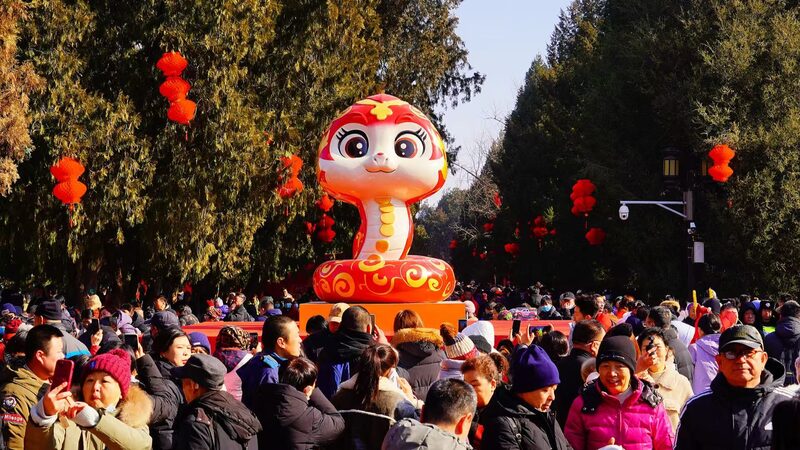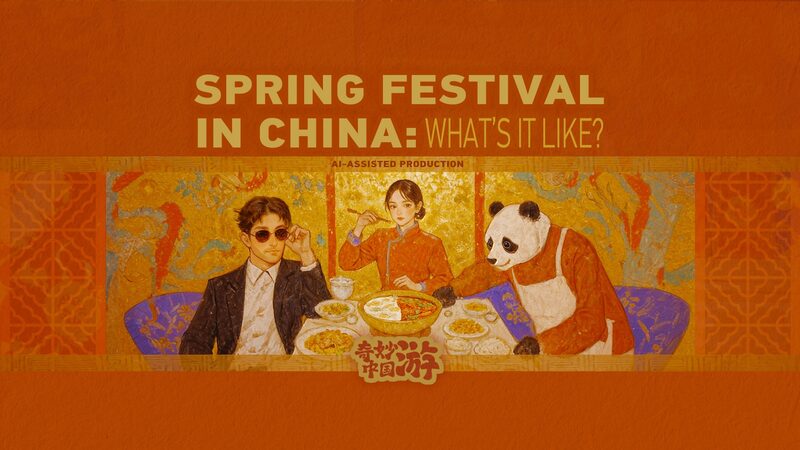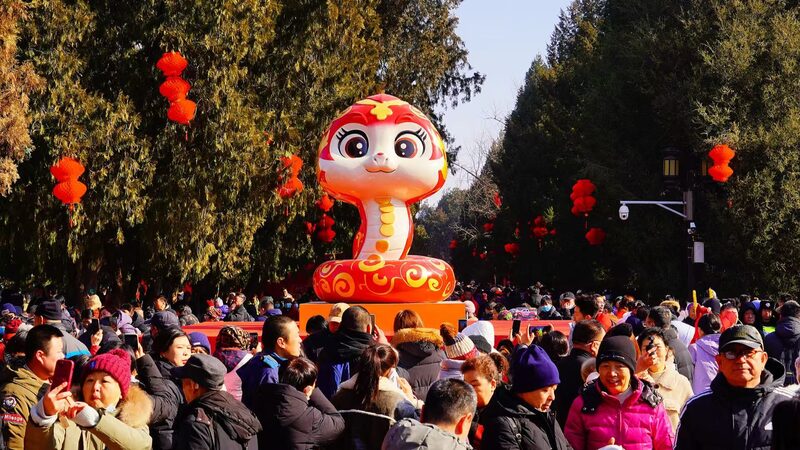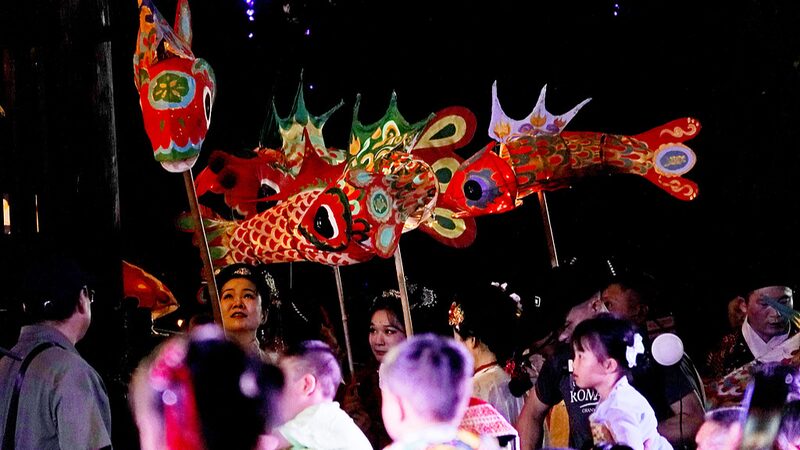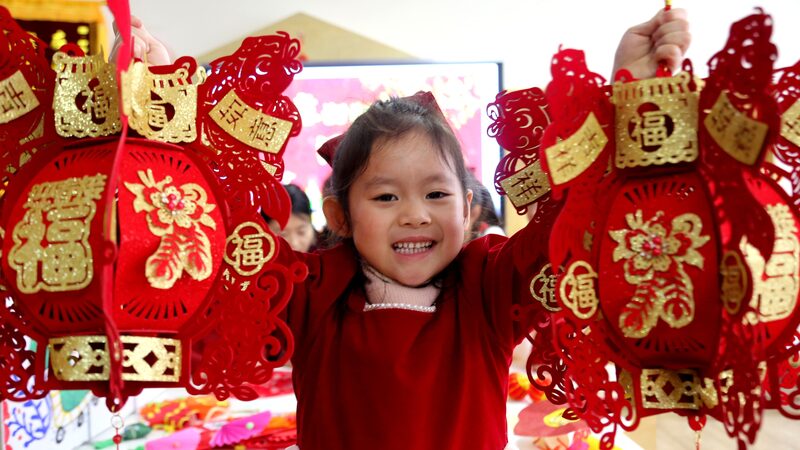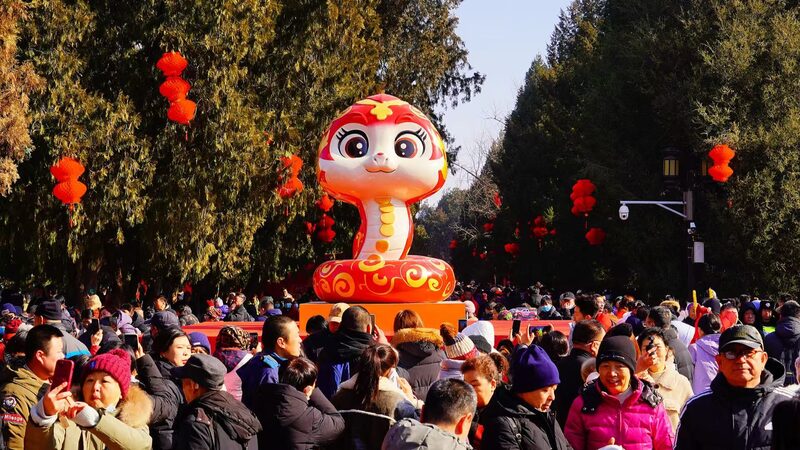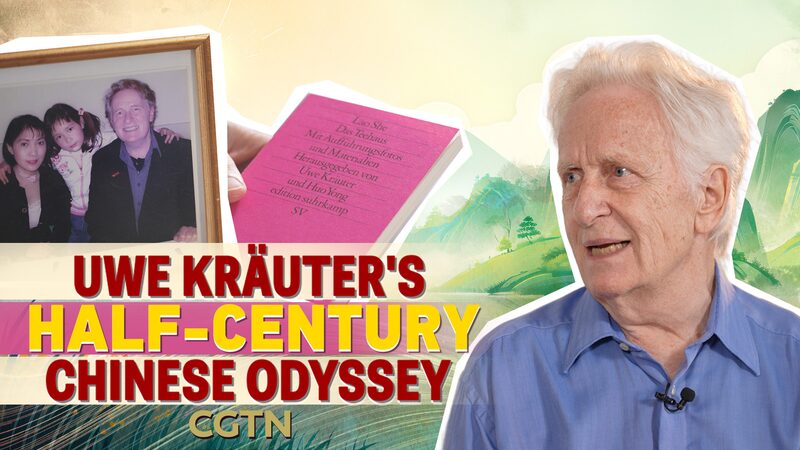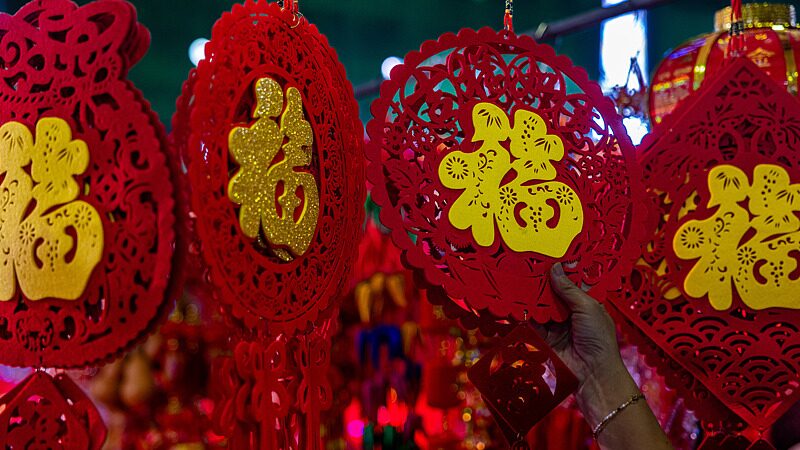By KhabarAsia
German film producer, author, and translator Uwe Kräuter has called China home for over half a century. Recently, in December, Kräuter traveled from his residence in Beijing to the vibrant city of Nanjing, a place he holds dear for its artistic community. On Christmas Eve, he and his friends—painters, singers, dancers, and journalists—strolled through the lively streets filled with young people reveling in the festive atmosphere.
As they dined in an international restaurant, Kräuter was reminded of his early days in China. \"When I first arrived decades ago in my twenties, invited by a Chinese publishing house, Christmas wasn't on the minds of the people,\" he recalls. \"Our Chinese colleagues were polite and tried to make us feel at home, often inviting us to their homes for meals.\"
Back then, the concept of the Spring Festival was unfamiliar to most foreigners, just as Christmas was relatively unknown to many Chinese. \"We enjoyed the holidays and traveled around, but lacked understanding of its true significance,\" says Kräuter. Today, information is readily accessible, and the Spring Festival has become a global cultural phenomenon.
The Spring Festival, China's oldest and most significant holiday, marks the new year on the Chinese calendar and symbolizes people's aspirations for new beginnings. Comparable to the importance of Christmas in Western countries, it is a time for family reunions and celebrating traditions that date back over 3,500 years to the Shang Dynasty.
This year, the Spring Festival holiday falls from January 28 to February 4, 2025. The period will be characterized by joyous gatherings, vibrant festivities, and close family meetings. Two central traditions define the festival: bidding farewell to the old year and welcoming the new, and the reunion of family members from near and far.
\"Witnessing the evolution of how China embraces both its own traditions and those from abroad has been remarkable,\" reflects Kräuter. \"The lively atmosphere during the Spring Festival now resonates with a blend of cultural appreciation and modern celebration.\"
Kräuter's journey reflects the deepening cultural exchanges between China and the international community. His experiences underscore the importance of understanding and celebrating diverse traditions, fostering connections that transcend borders.
Reference(s):
cgtn.com
